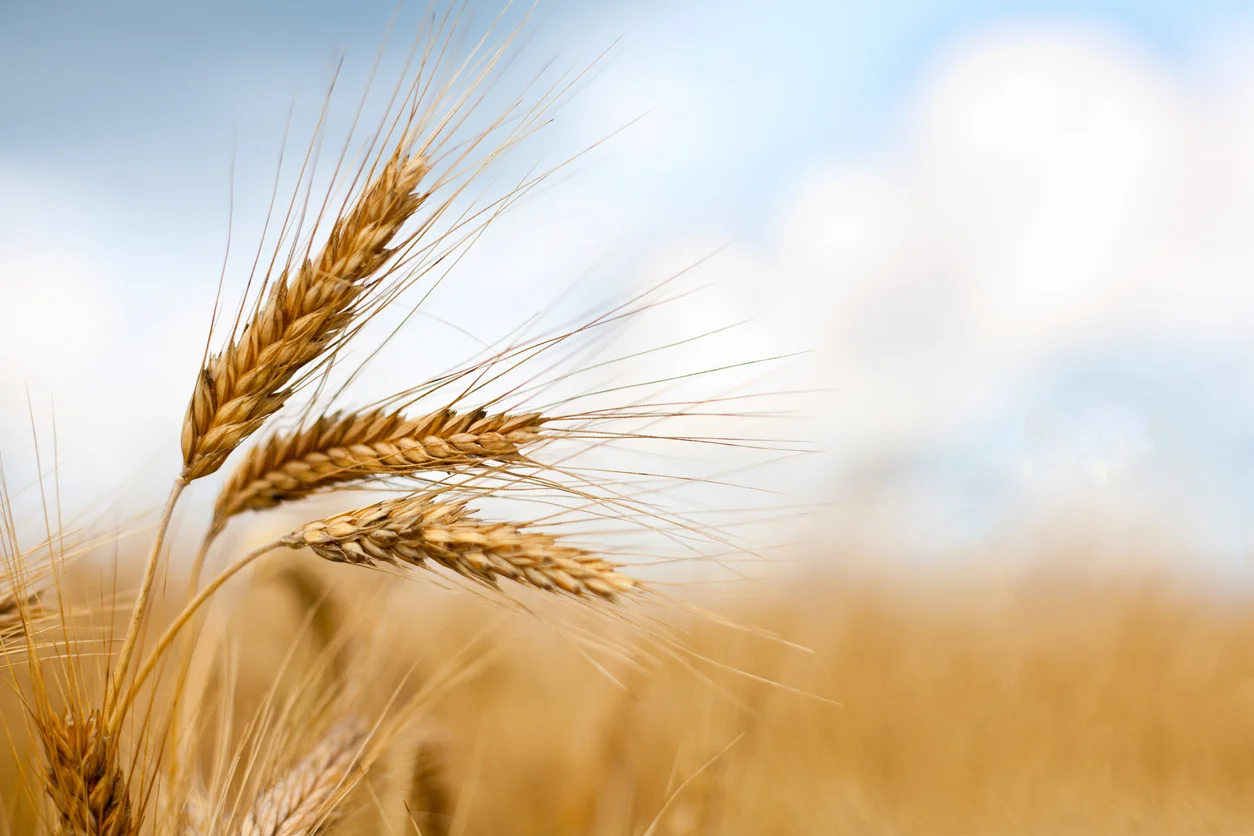On Monday, the European Union‘s executive arm denounced bans imposed by Poland and Hungary on imports of grain and other food from Ukraine.
Ukraine’s grain exports have been transiting through the European Union to other countries since the war-torn nation’s traditional Black Sea routes were blocked by Russia’s invasion. But, because of logistical issues, the grain had been piling up and driving down prices, which led to protests from farmers and the resignation of Poland’s agriculture minister.
A spokeswoman for the commission said it was requesting further information from the relevant authorities to be able to assess the measures.
In this context, it is important to underline that trade policy is of EU exclusive competence and, therefore, unilateral actions are not acceptable, spokeswoman Miriam Garcia Ferrer said. In such challenging times, it is crucial to coordinate and align all decisions within the EU, Garcia added.
Both Warsaw and Budapest said that their bans, announced on Saturday, will last until June 30.
In Poland, the ban will apply to imports of grain, sugar, meat, fruits and vegetables, milk, eggs, and other food items.
Responding to Poland’s announcement, Ukraine’s Ministry of agrarian policy said on Saturday that it regrets the decision. Polish farmers are facing a difficult situation, but we emphasize that Ukrainian farmers are facing the most difficult situation given the war, it added.
The ministry proposed for the two countries come to a new agreement in the coming days that would satisfy both sides.
Budapest said that during the ban period, the government expects a permanent solution and the adoption of EU measures.
Last month, Poland and Hungary were among several European countries that requested help from the European Union to counter the impact of cheap Ukrainian grain.




